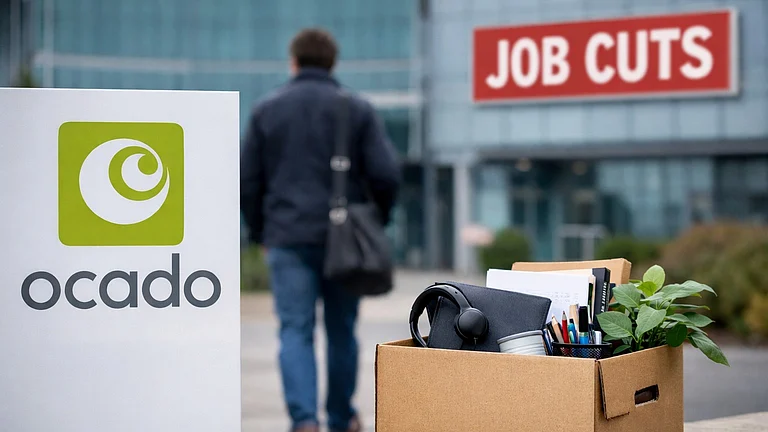Sri Lanka's Central Bank Governor Nandalal Weerasinghe has expressed confidence that the crisis-struck country could finalise debt restructuring negotiations with bilateral and commercial creditors before the first review of the IMF, a media report said on Thursday.
Sri Lanka received $333 million dollars, the first tranche of the $3 billion International Monetary Fund (IMF) bailout programme last month to overcome its economic crisis and catalyse financial support from other development partners.
Weerasinghe expressed confidence while responding to a question about the Central Bank of Sri Lanka's views on a recent statement made by President Ranil Wickremesinghe to the effect of concluding the debt restructuring negotiations when the first IMF review comes up in six months, the Daily Mirror newspaper reported.
“We will finalise the debt restructuring before the next IMF review,” the Central Bank governor was quoted as saying in the report.
Weerasinghe and Treasury Secretary Mahinda Siriwardana kicked off the formal debt restructuring process last week by making an investor presentation. According to the report, they asserted that any Domestic Debt Restructuring (DDR) should not threaten the stability of the country’s banking system.
The Central Bank governor said that no restructuring would occur for the Treasury bills belonging to others outside of what the Central Bank holds, adding that the bonds could be restructured if the holder requests to do so, the report said.
Sri Lanka has been struck by a catastrophic economic and humanitarian crisis sparked by years of mismanagement and the raging pandemic.
The IMF bailout, the 17th in Sri Lanka’s history, was approved following prolonged discussions held up over Colombo's unsustainable debt.
India has extended lines of credit worth over $4 billion to Sri Lanka in diverse sectors, including the supply of essential items, petroleum, fertilisers, development of railways, infrastructure, defence sector and renewable energy, according to the Indian High Commission here.
The Indian Oil Company’s local operation also kept fuel supplies going in the face of miles-long queues forming at retail fuel stations mid-last year, as the state ran dry of forex to import petroleum.


























.jpg?w=200&auto=format%2Ccompress&fit=max)




